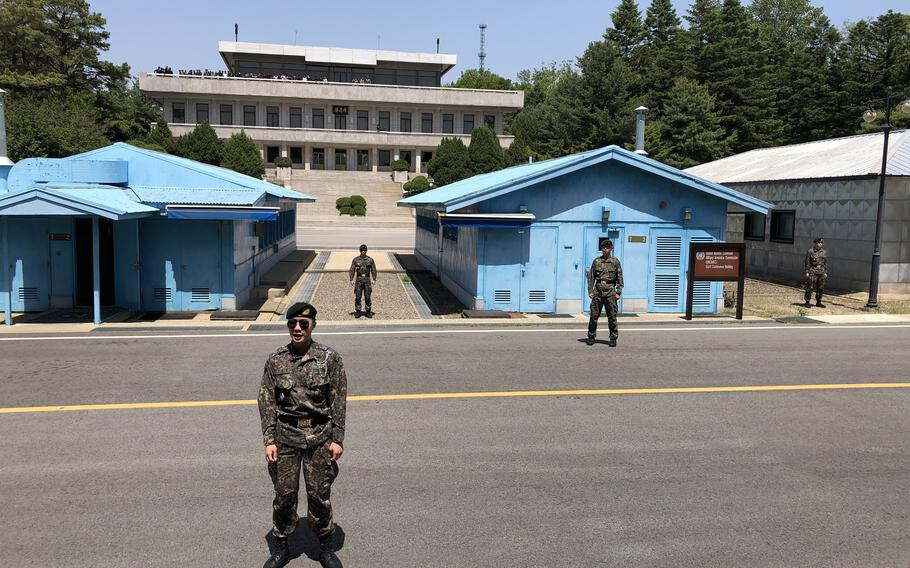
Haeju, North Korea – Authorities in North Korea have reportedly intensified crackdowns on the consumption of foreign media, particularly South Korean television shows, following the arrest of two young individuals in the border city of Haeju. Sources within South Hwanghae province indicate a heightened state of vigilance, with increased inspections aimed at preventing access to unauthorized broadcasts.
According to a source speaking to the Daily NK, the incident occurred on March 24 when two individuals in their twenties were apprehended by members of the “anti-socialist and non-socialist behavior group.” This surveillance body is tasked with monitoring and preventing the distribution and viewing of media deemed to be of foreign or anti-regime origin, including films and television programs from South Korea.
The arrests followed an incident in late February when the two youths, while watching a new television, inadvertently tuned into a South Korean channel. Driven by curiosity, they reportedly experimented with the television’s settings and discovered that the pre-installed lock designed to block external broadcasts could be easily deactivated. For several days, the individuals secretly viewed South Korean programming in their home while other family members were absent.
Their clandestine activity was ultimately exposed when one of the youths reportedly mentioned a South Korean program they had watched during a social gathering with friends. This casual remark led to a report being filed with the anti-socialist and non-socialist group, resulting in the subsequent arrest and detention of both individuals for interrogation by local law enforcement.
The source explained that while new televisions in North Korea are mandated to have a locking mechanism to prevent the viewing of South Korean channels, the geographical proximity of South Hwanghae province to the border makes these broadcasts readily available. “South Korean channels are easily accessible in South Hwanghae province, and anyone can tune in by simply deactivating the lock,” the source stated, highlighting the inherent challenge in enforcing media restrictions in the region.
This incident underscores the ongoing struggle of the North Korean regime to control the flow of information into the country and maintain ideological purity among its citizens. Despite strict laws and severe penalties, including imprisonment and even harsher punishments for the distribution of foreign media, the allure of South Korean popular culture continues to tempt some North Koreans, particularly the younger generation.
The intensification of television inspections in Haeju and South Hwanghae province suggests a growing concern among authorities regarding the potential influence of South Korean media on the local population. This incident serves as a stark reminder of the risks faced by North Koreans who defy the state’s stringent media controls, driven by curiosity and a desire to access information from the outside world. The fate of the two arrested youths remains uncertain, but they are likely to face significant repercussions for their actions under North Korea’s restrictive legal framework.
[Copyright (c) Global Economic Times. All Rights Reserved.]






























